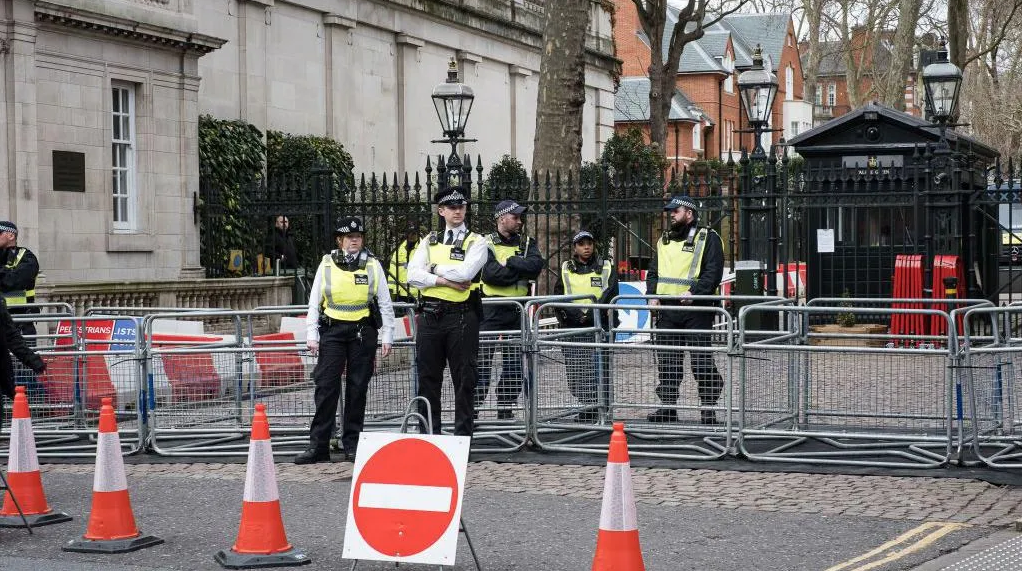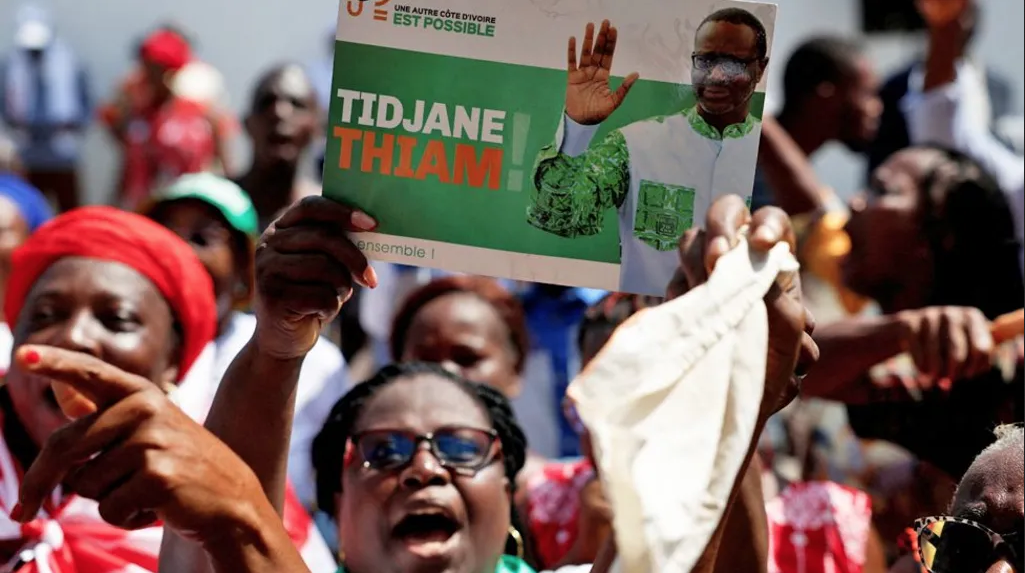BERLIN – Human rights campaigners demonstrated in Berlin on Friday against the German government’s refusal to apologise for the massacre of Herero tribesmen in its former colony Namibia a century ago.
Around 100 people from Germany and several African nations protested at Germany’s national memorial to war crime victims, demanding recognition and an apology on the 100th anniversary of the massacre, nearly four decades before the Holocaust. Some 65 000 Hereros and 10 000 members of the Nama tribe were annihilated by imperial German troops and settlers in what was called Deutsch-Suedwestafrika (German Southwest Africa).”The government should have the courage to call this mass murder what it was — genocide,” said Ulrich Delius, a representative from the Association for Persecuted Peoples.”The German past did not begin in 1933 with the Nazi crimes,” he added, saying Germany’s deep soul-searching over the Nazi era stood in stark contrast to its attitude to the Herero slaughter.”Imperialist Germany committed terrible crimes long before then.”Germany’s parliament last week acknowledged the country’s responsibility for the 1904 killings and pledged to continue providing aid for Namibia’s development.But there was no mention of the word “genocide” and no official apology.Tahir Della, Chairman of the Association of Black People in Germany, said he was outraged by the parliament’s failure to apologise.Other protesters blamed the lack of recognition for the crime on deep-seated racism in German institutions.”As a German citizen, I can’t believe my government doesn’t have the decency to apologise for this crime.I am here to fight the denial of genocide,” said protester Tessa Hofmann.They carried placards reading:”Where is the apology for the genocide in Namibia?” and “White-washed gaps in German history”.Christopher Clark, a historian at Cambridge University, said the Herero massacre can be labelled genocide because of the death toll.But the term also implies an intention to destroy a culture, which wasn’t the motive behind Germany’s 1904 attack.”The massacre was really caused by the mismanagement of a war,” Clark told Reuters.”European military tactics, such as laying siege to the enemy, just didn’t work on nomadic tribes.”When the Herero people rebelled against slave labour and the confiscation of their land by Germany, Kaiser Wilhelm II’s army brutally forced them into the arid desert to die from thirst and starvation.Germany lost the colony in World War One.Reacting to the demonstrations in Berlin on Friday, a spokeswoman for the Foreign Ministry said: “The ministry expresses its deep regret and sadness on the occasion of the 100th anniversary of the Herero uprising.”- Nampa-ReutersSome 65 000 Hereros and 10 000 members of the Nama tribe were annihilated by imperial German troops and settlers in what was called Deutsch-Suedwestafrika (German Southwest Africa).”The government should have the courage to call this mass murder what it was — genocide,” said Ulrich Delius, a representative from the Association for Persecuted Peoples.”The German past did not begin in 1933 with the Nazi crimes,” he added, saying Germany’s deep soul-searching over the Nazi era stood in stark contrast to its attitude to the Herero slaughter.”Imperialist Germany committed terrible crimes long before then.”Germany’s parliament last week acknowledged the country’s responsibility for the 1904 killings and pledged to continue providing aid for Namibia’s development.But there was no mention of the word “genocide” and no official apology.Tahir Della, Chairman of the Association of Black People in Germany, said he was outraged by the parliament’s failure to apologise.Other protesters blamed the lack of recognition for the crime on deep-seated racism in German institutions.”As a German citizen, I can’t believe my government doesn’t have the decency to apologise for this crime.I am here to fight the denial of genocide,” said protester Tessa Hofmann.They carried placards reading:”Where is the apology for the genocide in Namibia?” and “White-washed gaps in German history”.Christopher Clark, a historian at Cambridge University, said the Herero massacre can be labelled genocide because of the death toll.But the term also implies an intention to destroy a culture, which wasn’t the motive behind Germany’s 1904 attack.”The massacre was really caused by the mismanagement of a war,” Clark told Reuters.”European military tactics, such as laying siege to the enemy, just didn’t work on nomadic tribes.”When the Herero people rebelled against slave labour and the confiscation of their land by Germany, Kaiser Wilhelm II’s army brutally forced them into the arid desert to die from thirst and starvation.Germany lost the colony in World War One.Reacting to the demonstrations in Berlin on Friday, a spokeswoman for the Foreign Ministry said: “The ministry expresses its deep regret and sadness on the occasion of the 100th anniversary of the Herero uprising.”- Nampa-Reuters
Stay informed with The Namibian – your source for credible journalism. Get in-depth reporting and opinions for
only N$85 a month. Invest in journalism, invest in democracy –
Subscribe Now!










